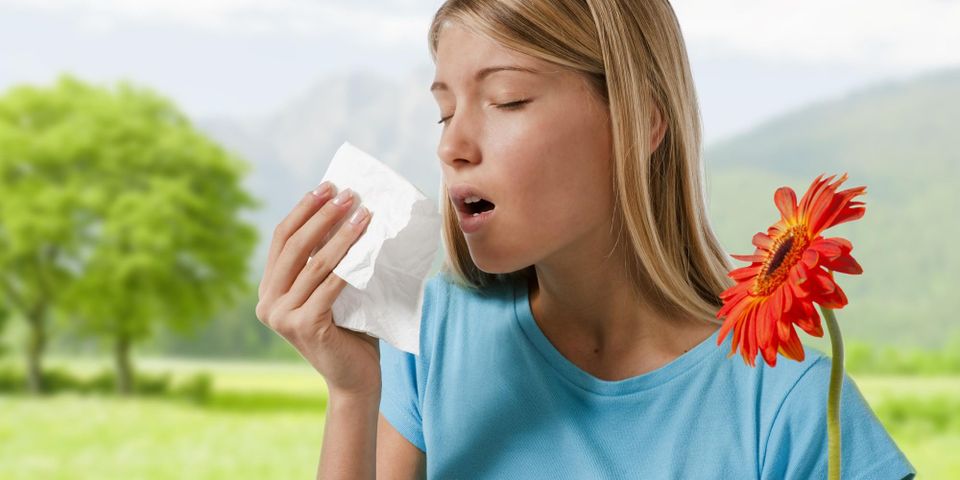How to Manage Seasonal Allergies

Seasonal allergies are a health care concern for some 50 million people in the United States. Symptoms like coughing, sneezing, and itchy eyes can be triggered by pollen, dust, and other allergens that hang in the air and increase in the spring. Here are a few different ways you can try to minimize your reaction.
Monitor the Weather
Wind can carry pollen and dust, while dryness can irritate the nose and trigger symptoms, so try to stay indoors on windy or dry days if possible. If you’re spending a prolonged period outside, consider wearing a protective mask over the mouth and nose.
Check your local weather report for the pollen count, and if it’s high, take antihistamines to control your reaction before venturing outdoors.
Breathe Clean Indoor Air
 Keep all doors and windows closed as much as possible in the spring and during the night, when pollen is naturally higher. Use your air conditioner as needed to stay cool, but switch out your filter every couple of months to prevent putting more irritants like dust and pet dander back into the air. Clean carpets, rugs, and upholstery weekly with a vacuum cleaner that has a HEPA filter to remove contaminants from your home.
Keep all doors and windows closed as much as possible in the spring and during the night, when pollen is naturally higher. Use your air conditioner as needed to stay cool, but switch out your filter every couple of months to prevent putting more irritants like dust and pet dander back into the air. Clean carpets, rugs, and upholstery weekly with a vacuum cleaner that has a HEPA filter to remove contaminants from your home.
Take Allergy Medications
Modern health care offers many options for managing seasonal allergies, such as over-the-counter drugs like antihistamines, decongestants, and nasal sprays. If drugstore medications aren’t enough to control your flareups, your health care provider can prescribe a stronger treatment to help you minimize your symptoms.
For help handling your seasonal allergy symptoms, visit the health care providers at Hillside Family Medicine in Anchorage, AK. For over 20 years, they’ve offered a wide range of services including vaccinations, women’s health care, pediatric care, and even at-home sleep studies to help keep your whole family comfortable and healthy. Call (907) 344-0200 or visit them online to schedule an appointment.
About the Business
Have a question? Ask the experts!
Send your question

